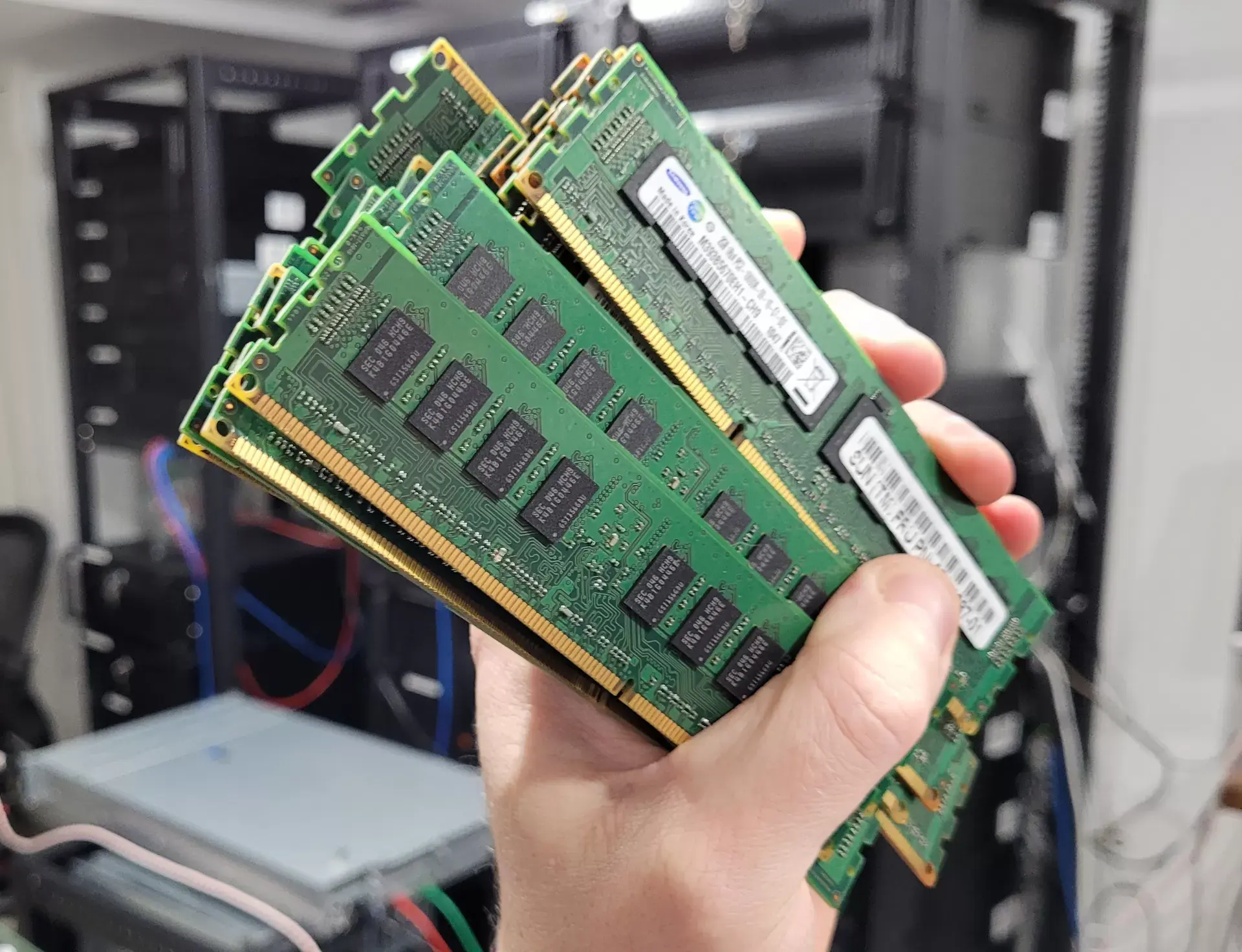- cross-posted to:
- linux
- [email protected]
- cross-posted to:
- linux
- [email protected]
As part of the memory management changes expected to be merged for the upcoming Linux 6.11 cycle is allowing more fine-tuned control over the swappiness setting used to determine how aggressively pages are swapped out of physical system memory and into the on-disk swap space.
With the new code from Meta, a swappiness argument is supported for memory.reclaim. This effectively allows more finer-grained control over the swapiness behavior without overriding the global swappiness setting.



This is the best summary I could come up with:
As part of the memory management changes expected to be merged for the upcoming Linux 6.11 cycle is allowing more fine-tuned control over the swappiness setting used to determine how aggressively pages are swapped out of physical system memory and into the on-disk swap space.
This effectively allows more finer-grained control over the swapiness behavior without overriding the global swappiness setting.
Dan Schatzberg of Meta explains in the patch adding swappiness= support to memory.reclaim: Allow proactive reclaimers to submit an additional swappiness=[val] argument to memory.reclaim.
However, proactive reclaim runs continuously and so its impact on SSD write endurance is more significant.
Therefore, it’s desireable to have proactive reclaim reduce or stop swap-out before the threshold at which OOM killing occurs.
This has been in production for nearly two years and has addressed our needs to control proactive vs reactive reclaim behavior but is still not ideal for a number of reasons:
The original article contains 474 words, the summary contains 151 words. Saved 68%. I’m a bot and I’m open source!